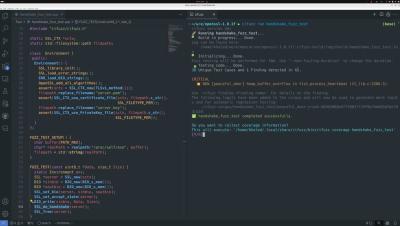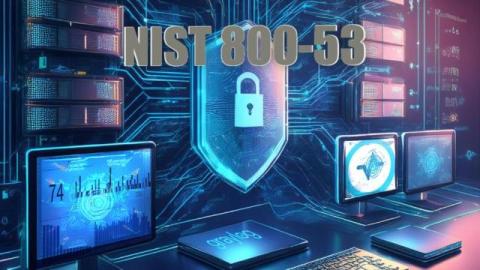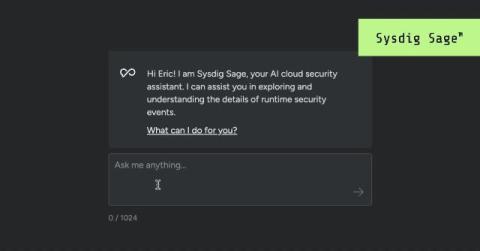Updates and Evolution of the NIST Cybersecurity Framework: What's New?
The NIST Cybersecurity Framework (CSF), published by the US National Institute of Standards and Technology (NIST), is a widely used set of guidelines for mitigating organizational cybersecurity risks. It contains recommendations and standards to help organizations identify and detect cyberattacks and advice on how to respond, prevent, and recover from cybersecurity incidents.











